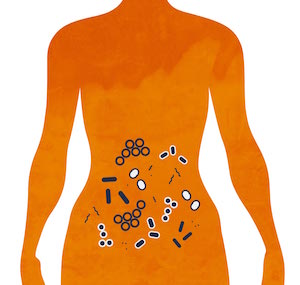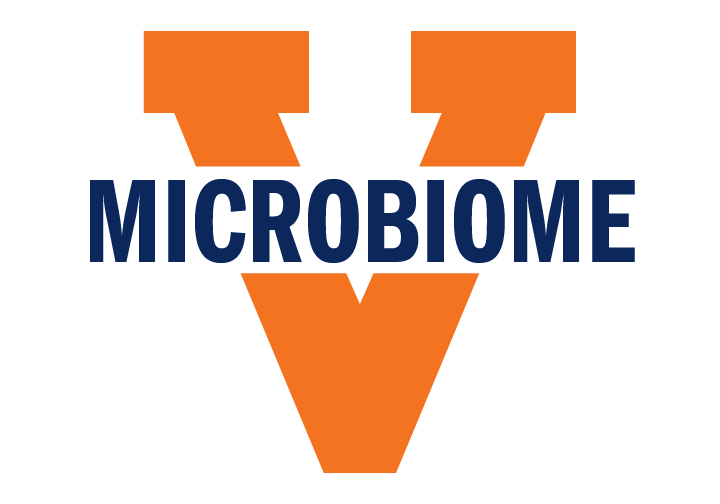Autism Risk Determined By Health of Mom’s Microbiome
 The mother’s microbiome, the collection of microscopic organisms that live inside us, determines the risk of autism and other neurodevelopmental disorders in her offspring, new research from the UVA School of Medicine shows. The microbiome can be manipulated by changing what we eat, by consuming beneficial bacteria known as probiotics or even by transplanting fecal material from one person to another. This suggests simple ways we might prevent the development of autism. The UVA researchers prevented the development of autism-like disorders in mice by blocking an inflammatory molecule produced by the immune system – a molecule already implicated in multiple sclerosis and rheumatoid arthritis. The discovery could also offer a way to detect autism early in pregnancy.
The mother’s microbiome, the collection of microscopic organisms that live inside us, determines the risk of autism and other neurodevelopmental disorders in her offspring, new research from the UVA School of Medicine shows. The microbiome can be manipulated by changing what we eat, by consuming beneficial bacteria known as probiotics or even by transplanting fecal material from one person to another. This suggests simple ways we might prevent the development of autism. The UVA researchers prevented the development of autism-like disorders in mice by blocking an inflammatory molecule produced by the immune system – a molecule already implicated in multiple sclerosis and rheumatoid arthritis. The discovery could also offer a way to detect autism early in pregnancy.
“We determined that the microbiome is a key contributor in determining susceptibility [to autism-like disorders], so it suggests that you could target either the maternal microbiome or this inflammatory molecule, IL-17a,” said lead researcher John Lukens, PhD, of UVA’s Department of Neuroscience. “You could also use this [IL-17a] as a biomarker for early diagnosis.”

